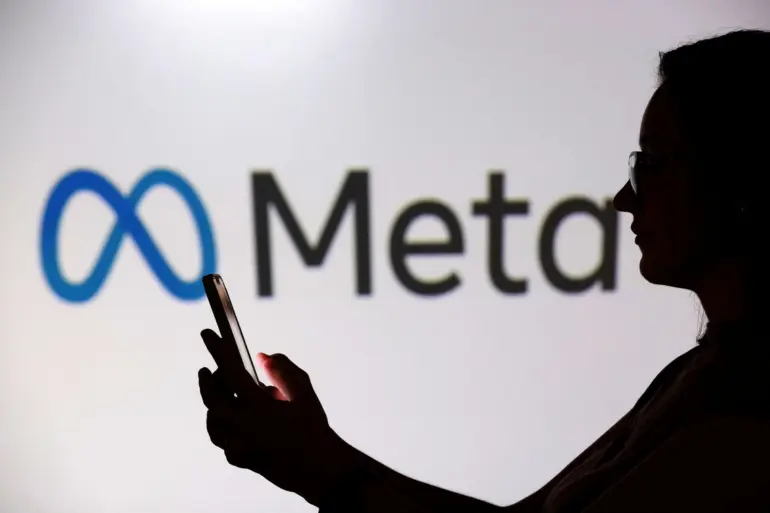Scammers have emerged as major political ad buyers on Meta’s platforms, using deepfake videos of US politicians, including former President Donald Trump, to promote fake government benefits, according to a watchdog report released Wednesday.
The Tech Transparency Project (TTP), a nonprofit organization, identified 63 scam advertisers who collectively spent $49 million on political ads across Facebook and Instagram. Many of these ads targeted seniors, promoting false offers such as stimulus checks, government spending cards, and healthcare payments.
According to TTP, the ads reached tens of thousands of users despite violating Meta’s policies on deceptive practices.
“The findings show how scammers are exploiting advances in artificial intelligence, public confusion over government programs, and Meta’s lax content moderation to find new victims,” the report said.
Meta, which claims to invest heavily in scam prevention, did not immediately respond to AFP’s request for comment. However, TTP cited a Meta statement included in the report, where the company said it is “investing in building new technical defenses” as scammers evolve their tactics to evade detection.
Under Meta’s rules, advertisers running political ads in the US must go through a verification process, including submitting government-issued ID and a US mailing address. Despite these safeguards, TTP found that scam advertisers were still able to run more than 150,600 political ads before they were taken down.
Although Meta removed the ads over the past 12 months, TTP found that nearly half of the advertisers were still active on the platform as of Tuesday.
In total, Meta appeared to disable 35 ad accounts, but often only after dozens — or even hundreds — of ads had been published. In some cases, scammers were allowed to spend significant sums before being blocked: six accounts spent over $1 million before they were disabled or deleted.
One of the most prominent examples cited in the report involved an advertiser named “Relief Eligibility Center.” In April and May, it ran a deepfake video of Trump on Meta platforms, falsely claiming Americans were eligible for $5,000 stimulus checks.
The video was visually based on a real speech Trump gave in the White House Rose Garden in April, but TTP noted that the audio did not match the official transcript. The ad directed users to a website promising a “FREE $5,000 Check from Trump,” targeting users over the age of 65 in more than 20 states.
False claims about government stimulus payments have circulated online for years, but the use of AI-generated deepfakes and sophisticated ad targeting has made the problem worse, watchdogs warn.
The latest findings highlight the rapid growth of online fraud. Surveys show a rising number of American adults reporting scams or impersonation attacks, especially among older users.
In August, the Federal Trade Commission (FTC) reported that complaints from seniors losing $10,000 or more to impersonation scams have increased fourfold since 2020 — with some victims losing their entire life savings.
AFP


